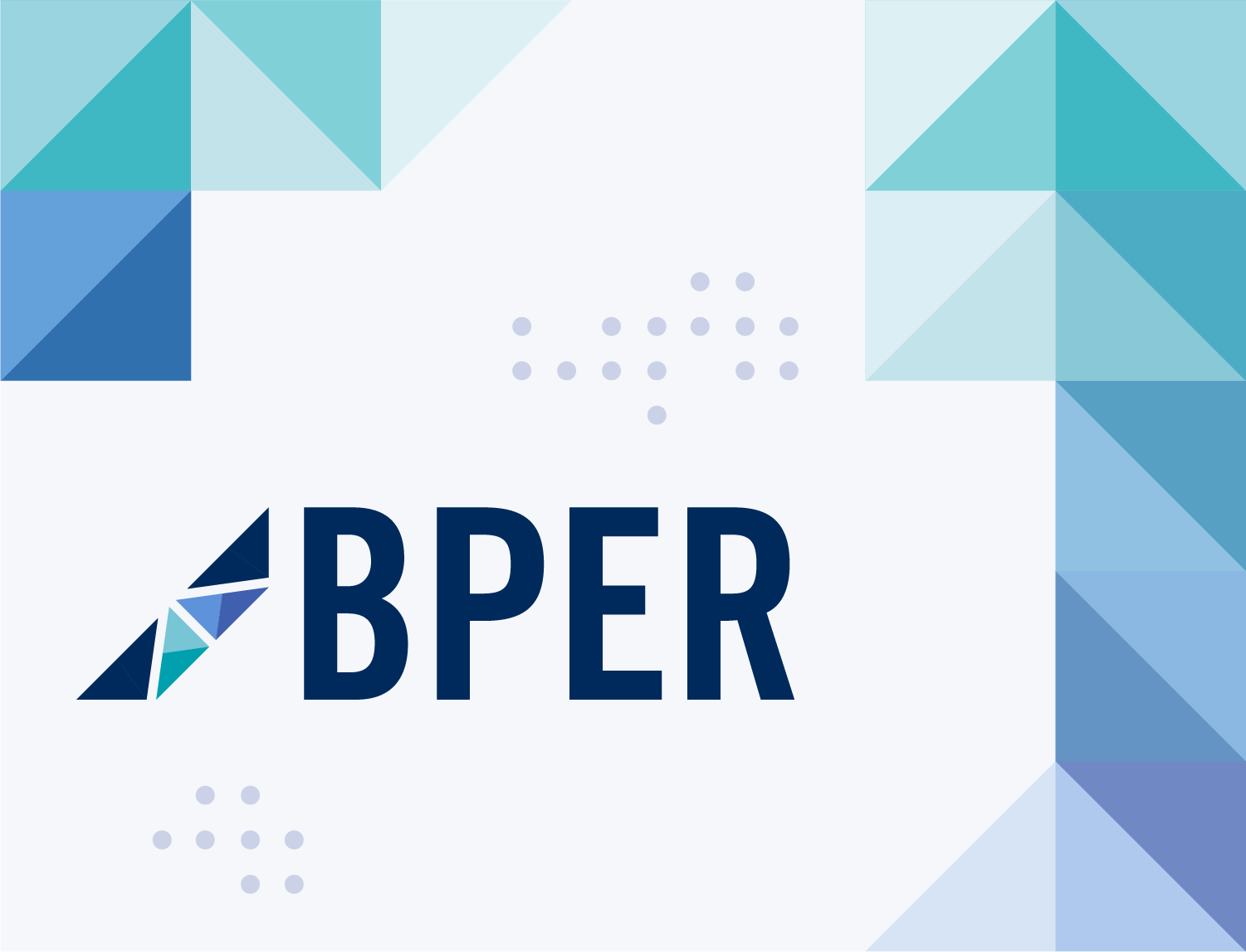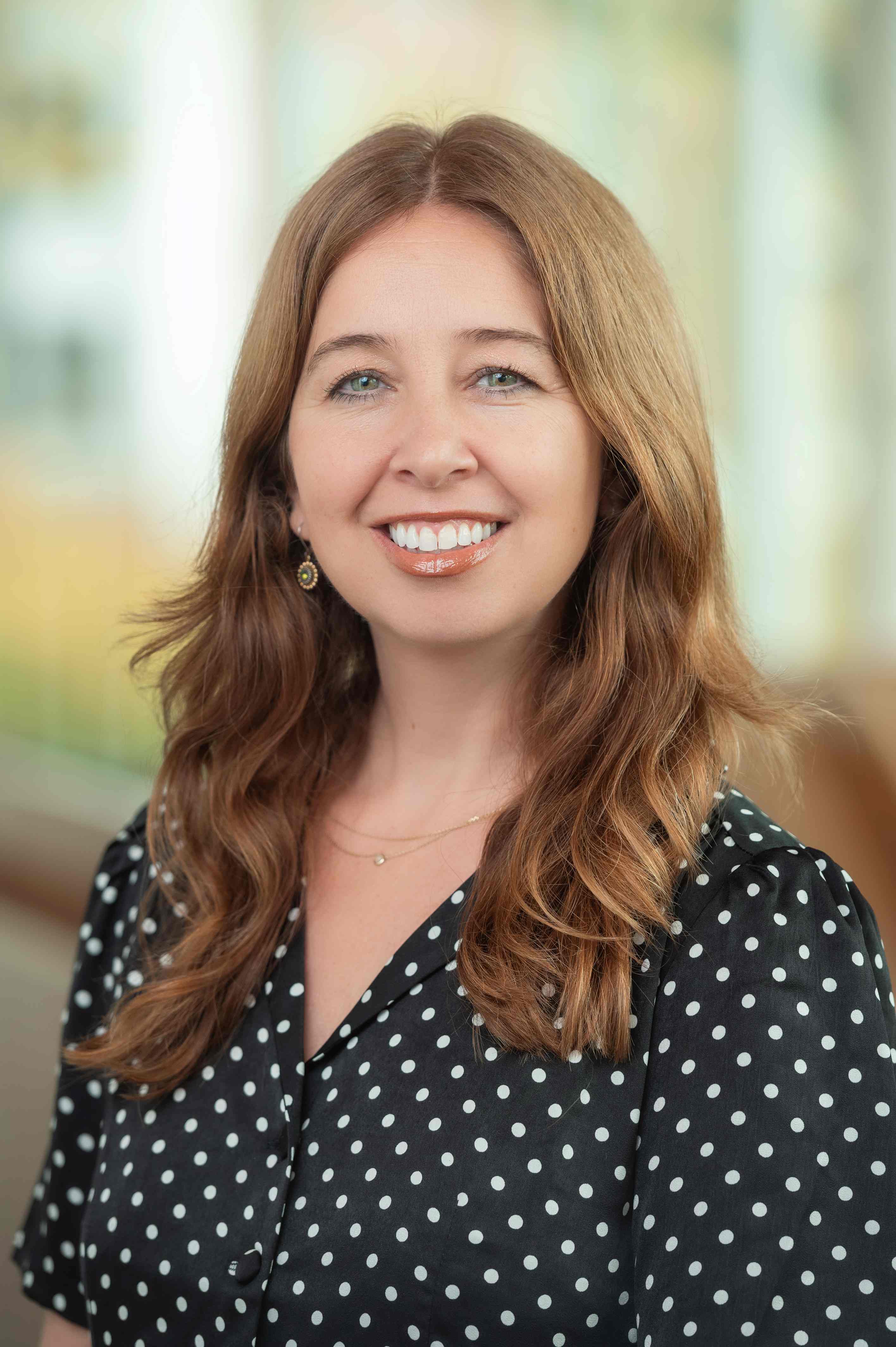Unravelling Tacit Assumptions Built into the Ideology of Independence
In this talk, Dr. Laura Nimmon will describe her research studies that reveal the powerful influence of social structures occurring in the educational and professional practices of the health professions. This body of work widens the scope of our collective vision beyond learners and healthcare providers as independent with distinct expertise.
No events to show
Description
There is a focus on independent self and autonomy in our health profession training programs. Yet social networks are a cornerstone of effective clinical practice and teamwork. Learners and clinicians are so enmeshed in these webs of interconnectivity that the extent of their influence is almost invisible to them and thus underappreciated in health professions training programs. Because of this invisibility, our health professions education structures, and messages they send, implicitly (or explicitly) drive students and clinicians towards a goal of autonomy and independence. In this talk, I will describe my research studies that reveal the powerful influence of social structures occurring in the educational and professional practices of the health professions. This body of work widens the scope of our collective vision beyond learners and healthcare providers as independent with distinct expertise. Instead, I propose it may be more productive to view individuals deeply embedded in social structures who can notice and adapt fluidly to their interdependence.
Presenter
Dr. Laura Nimmon is a Scientist at the Centre for Health Education Scholarship and Associate Professor in the Department of Occupational Science and Occupational Therapy, Faculty of Medicine, University of British Columbia. She is an Associate Editor for Perspectives on Medical Education, The Netherlands. She is award-winning researcher and mentor. She is recipient of the UBC Faculty of Medicine Award for excellence in mentoring early career faculty. Dr. Nimmon is also recipient of the CAME-ACEM Champion Award for advocacy, role modeling and mentorship of early career researchers.
Rounds Details
Best Practices in Education Rounds (BPER) are co-hosted by the Centre for Faculty Development, The Wilson Centre and the Centre for Advancing Collaborative Healthcare & Education.
Accreditation Details
Each BPER has been accredited for up to:
- 1 College of Family Physicians of Canada – Mainpro+ credits
- 1 Royal College of Physicians and Surgeons of Canada – Section 1 hours
Review complete accreditation details.
For more information about BPER, please click here.
Event Details
Recommended Events
-
 2MarThis workshop engages participants in reflective activities and discussions about desirable and undesirable professional behaviours and the bi-directional relationships that exist between these behaviours, healthcare professional wellness, and the creation of psychologically and culturally safe environments.
2MarThis workshop engages participants in reflective activities and discussions about desirable and undesirable professional behaviours and the bi-directional relationships that exist between these behaviours, healthcare professional wellness, and the creation of psychologically and culturally safe environments. -
 9MarTeaching for Transformation is a three day immersion in the education paradigms and practices needed for today's health care work.
9MarTeaching for Transformation is a three day immersion in the education paradigms and practices needed for today's health care work. -
 10MarLeadership in medicine is often framed in terms of skills and competencies. Yet many of the challenges clinicians face require something deeper: character. This session introduces character-based leadership as a complementary and necessary lens for understanding leadership in health professions education and clinical practice.
10MarLeadership in medicine is often framed in terms of skills and competencies. Yet many of the challenges clinicians face require something deeper: character. This session introduces character-based leadership as a complementary and necessary lens for understanding leadership in health professions education and clinical practice.


